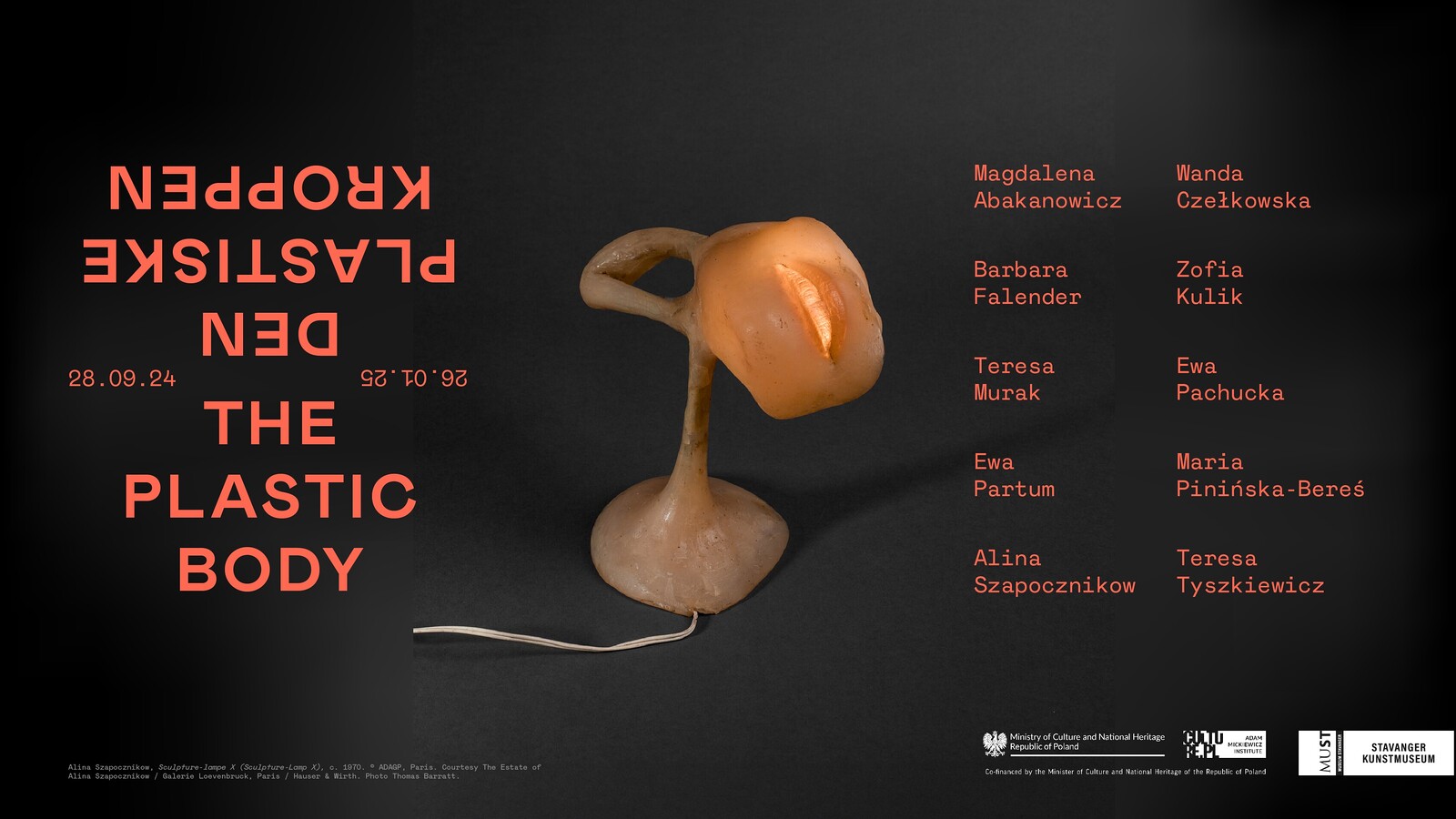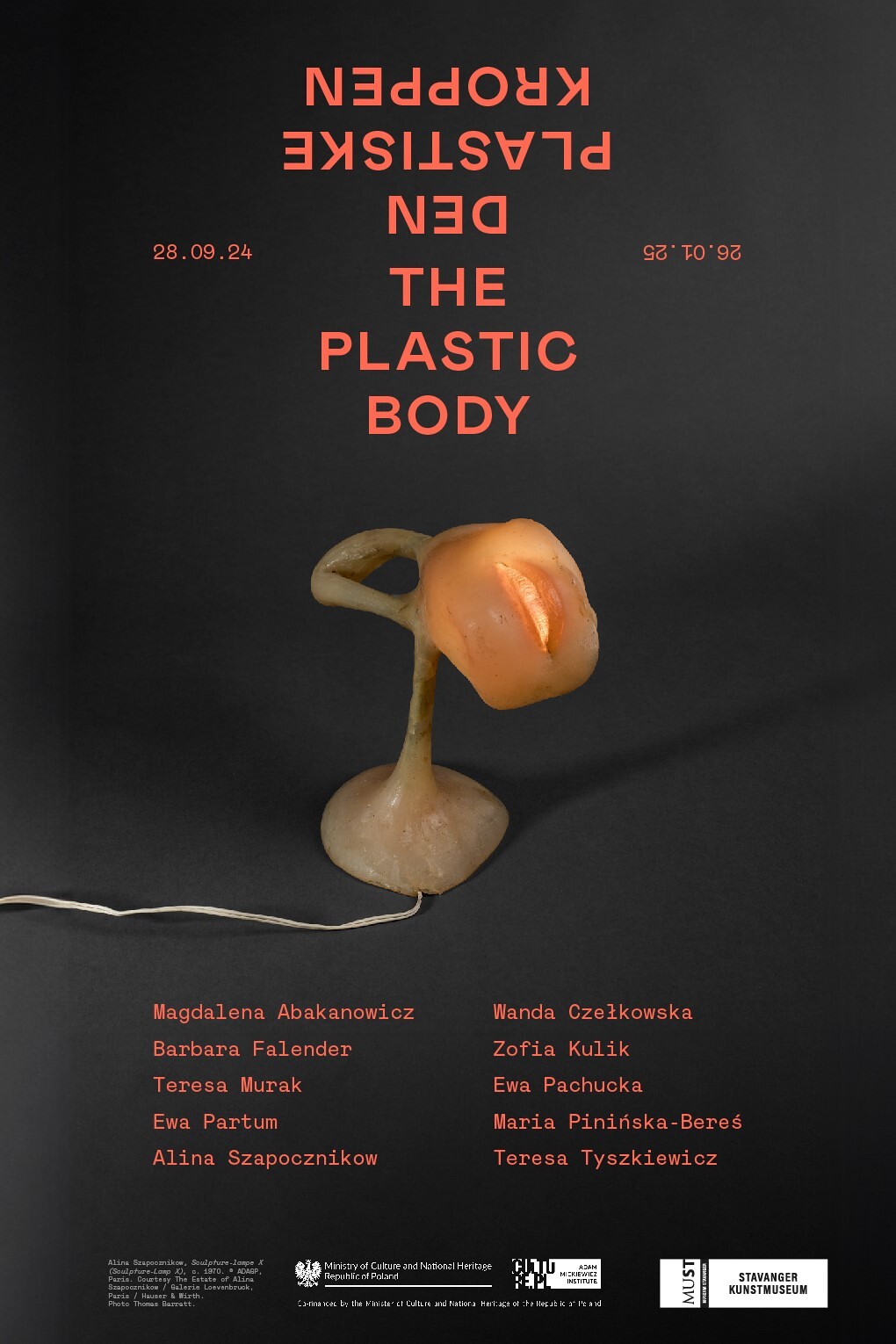POLISH PAVILION 51st Venice Biennale
Artur Zmijewski,
Repetition, 2005, Production still,
Courtesy Artur Zmijewski and Zacheta National Gallery of Art, Warsaw. ARTUR ZMIJEWSKI “REPETITION”
POLISH PAVILION
51st INTERNATIONAL ART EXHIBITION IN VENICE
GIARDINI DI CASTELLO VENICE
Commissioner of the Polish Pavilion:
Agnieszka Morawinska
Curator of the exhibition Joanna Mytkowska Opening reception:
10th June 2005, 4 pm, Gardini di Castello
Exhibition dates: 10th June 6th November 2005
The main feature of the Polish Pavilion at the 51st International Art Exhibition in Venice will be the presentation of a new film by Artur Zmijewski called “Repetition”. The film is a documentary recording of the re-enactment of the Stanford Prison Experiment a famous 1971 psychological experiment studying human behaviour in prison conditions, conducted by professor Philip Zimbardo at the US Stanford University. The purpose of the experiment, which consisted in isolating a group of volunteers playing the roles of “inmates” and “guards”, was to analyse two issues. First, the patterns determining how people will behave in a new situation. Second, the different perception of a given situation by people of the same background but forced to play different roles (“inmates” and “guards”). Professor Zimbardos experiment, which had been supposed to run for two weeks, had to be interrupted after just six days, as both groups started manifesting behavioural patterns normally regarded as pathological: sadism, violence, humiliation. Thirty four years later, the Stanford Prison Experiment remains a source of inspiration for psychologists, sociologists, and filmmakers alike.
The risk of reconstructing professor Zimbardos experiment was taken in early 2005 in Warsaw by Artur Zmijewski an artistic radical who, in his film trips into the past, confronts dysfunctions of human body, historical traumas, the disintegration of the will and memory. Zmijewski tried to precisely recreate the architecture of the simulated prison and its rules. Seven prisoners and nine guards were selected through a procedure, involving psychological tests and examinations, aimed at eliminating mentally unstable candidates. The rooms were equipped with Venetian windows (one-way mirrors), and the course of the experiment was filmed by five man-operated cameras and several night vision-enabled industrial TV cameras. Besides the inmates and the guards, the experiments other participants included psychologists acting as experts, capable of stopping the experiment if things turned dangerous, a former prison inmate, and a sociologist involved in prison system reforms. The experiment lasted for seven days. Making “Repetition”, Zmijewski referred, not for the first time, to the aesthetics of violence and segregation. The artist often plays the role of a “laboratory scientist, arranging quasi-therapeutic situations: a choir of deaf children trying to sing Bachs cantatas (Singing Lesson), amputees and able-bodied people forming bodily hybrids (Eye for Eye), or a group of naked people playing tag in the gas chamber of a former Nazi death camp (The Game of Tag). Dramatic events from the past return in Zmijewskis films deformed, processed by the imperfect memory, rendered unreal. His works are often comments on the processes of victimisation, stigmatisation, exclusion subjects studied by social psychology. Reaching for the Zimbardo experiment is a natural consequence of the artists interests. The Repetition stands among the most complex and challenging works by Artur Zmijewski to date.
CATALOGUE
“Artur Zmijewski. If it happened only once it’s as if it never happened”, 2005
Polish/English and English/German versions
With contributions by Joanna Mytkowska, Agnieszka Morawinska, Adam Szymczyk, Charles Esche, Jane Farver, Sebastian Cichocki, Artur Zmijewski,
including also an interview with the artist by Katarzyna Bielas and Dorota Jarecka.
Publishers: Hatje Cantz Verlag/Germany, Kunsthalle Basel/Switzerland, Zacheta National Gallery of Art/Poland
WEBSITE www.labiennale.art.pl
For more information please contact: Sebastian Cichocki sebastian.cichocki@poczta.fm
Polish participation in the 51st International Art Exhibition is realized with the financial support of the Ministry of Culture of the Republic of Poland.
The exhibition in the Polish Pavilon is organized by Zacheta National Gallery of Art.
press spokesman Klaudia Madejska, rzecznik@zacheta.art.pl
sponsors of the gallery: Lidex, Netia, Techko, Peri
official carrier: PLL LOT
media patronage: Gazeta Wyborcza, Polskie Radio, Polityka, Onet.pl, Tygodnik Powszechny, TVP, The Warsaw Voice


